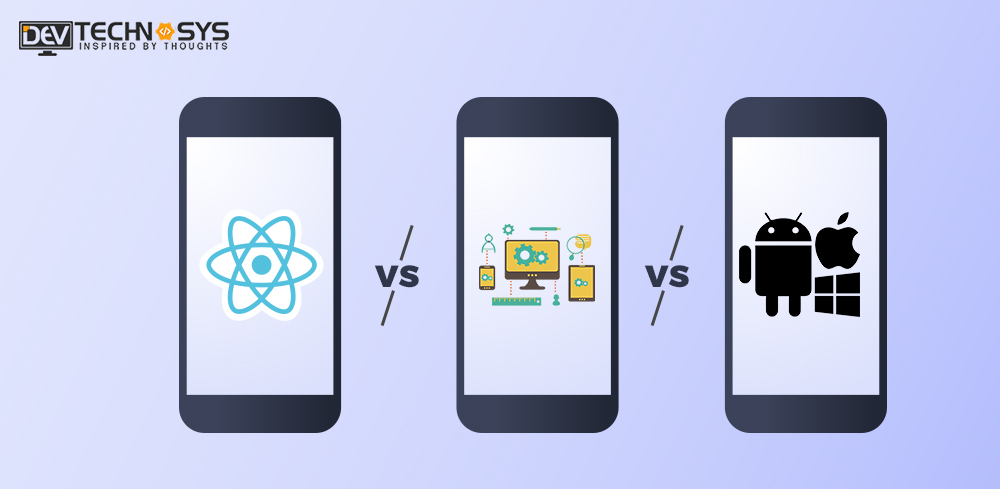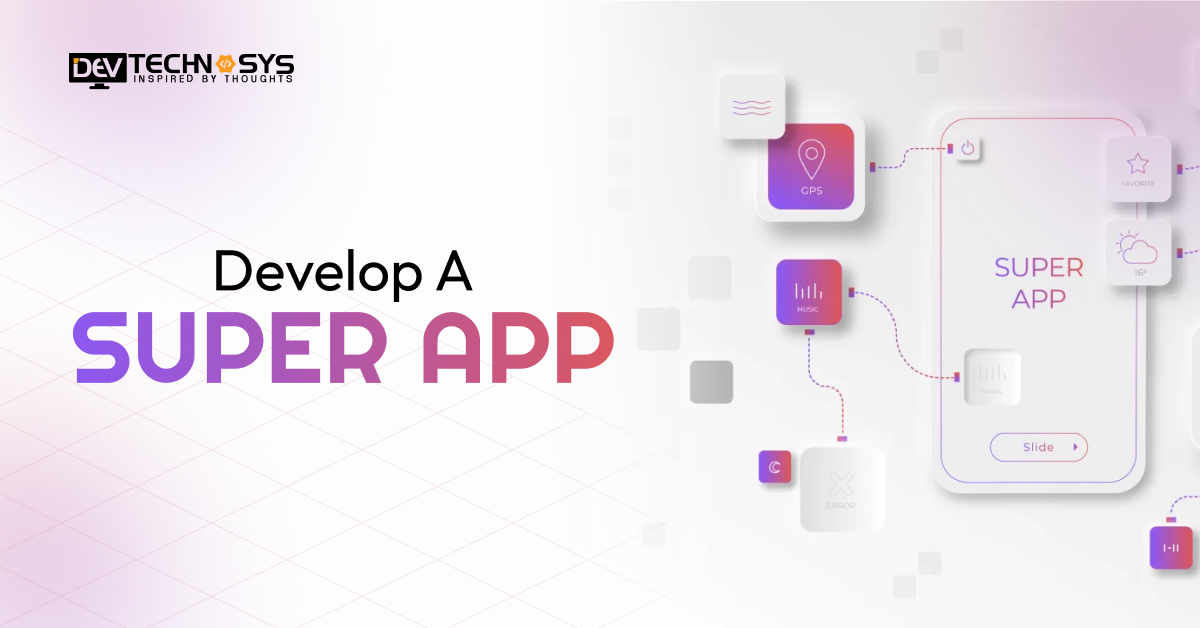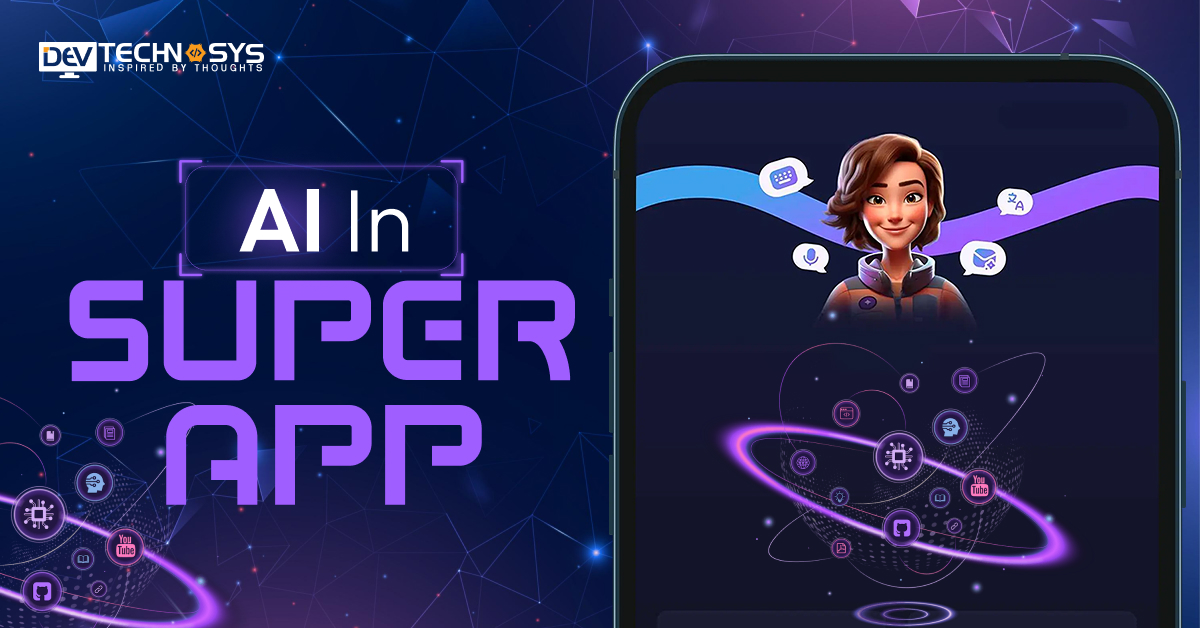Swiping screens and the soft tap of thumbs over the smartphone screens is what the generation now has to do for getting any info/ feature/ or any kind of service. The powerful business model, which was earlier considered the demand of the market, has now become a necessity.
Every device that comes into the market just aims at easing life more. The imperative effect of this happened more over the industries. Every industry is pushing its efforts more to go digital. No matter where are you now, the smartphones enabled with the business apps are making it verily possible to interact with clients or customers.
Rising Popularity of Mobile App Development
The communicative apps are leveraging the potential of IT services to make real-time services possible. This way the distances have decimated. What started as the basic apps are now becoming a large contender and profitable deal for businesses.
Web app development is still there and has its importance. However, it is also not wrong that web applications are now fading away due to the emerging mobile application technology. Around 80 percent of the population is using smartphones and prefers to handle the operation through smartphone apps.
The user can always do their work from remote places and the real-time business apps have accentuated the importance of mobile app development.
Therefore, web development has now shifted towards progressive web app development. This is a more convenient way of developing the application, which can run on mobile with fewer expenses, and fewer demands.

Here too the intricacy increases with the choice of the customer. A large percentage of the market is using Android smartphones, whereas Apple has a loyal community. You cannot necessarily say how many customers are coming from which background.
Making the above statements more statistically correct, as per the past-analyzed data, 85.1% of the smartphone users are using android phones whereas 14.8 percent of users prefer iOS.
Statista reports say a massive growth in the mobile app market, which was $70 billion in 2015 and has reached almost $190 billion by the end of 2020.
Read More: Android Vs iOS: Which Is The Best Platform For Mobile App Development?
The remarkable growth in mobile app development has also surged the heated debate over “Native vs. Cross-platform vs web apps”. There are more than 4 million android apps in the Google play store and around 2 million in-app stores.
There is a great debate for a long over the choice between android and ios. The apps are made to target the customers and provide them with the best of service.
A powerful app not only keeps the customer engaged but also brings about customers that are more new. So here, a question arises, which app? Android or iOS? However, the simple answer is to analyze your targeted market.
Businesses always move in the direction where the customer moves. However, in the market, which is heavily scattered and no kingship is there, it becomes problematic to decide where the businesses should move? Here in these articles, we will focus on the technical and customer perspective over Progressive Web, Native or Cross-platform app.
What is a Native App?
Native apps are the most powerful way of creating robust applications. The responsive applications are specifically tailored for the mobile platforms. The apps are developed, tested, and then upload over the app stores.
The user can download them from the app store or play store. The native mobile app stands for every kind of mobile application built for a particular platform.
Native apps are the standard mobile apps, which are coded with platform-specific approaches. Various platforms and technologies are used for it and the app development shows outstanding performance.
Read More: How To Hire Android App Developers?
Why Should You Go For Native App Development?
- Device integration
- Performance
- No internet connectivity required
- Intuitive UI/UX
- Available on stores
Device integration
The native apps are usually custom made and this is the reason they fit over your business-specific needs like a glove. The native app is the standard and made perfectly compatible with the device.
The app makes the maximum utilization of the platform capabilities. Global positioning system, navigation control, memory management, etc. all services are extremely utilized by the app.
Performance
The native mobile app development takes place with the platform specification in mind. These apps are generally fast and perform better over the platforms. The responsiveness and flexibility of the apps make it is a preferable option for customers.
No internet connectivity required
The native apps are installed directly to the device and they need not be connected to the internet. The apps can be downloaded from the respective app store and then can be installed without an internet connection.
When the native mobile app development is done, the app is built with most of the content integrated, this eliminates the need for network connectivity and the user can use the app without a cell connection.
Intuitive UI/UX
The native applications keep specific design guidelines one priority. The android applications do follow material guidelines, whereas the iOS application uses human interface guidelines.
The native app guidelines help in achieving intuitive design and user-friendly UI. The navigation and features are simple to understand here and the user experience tends to stay smooth. However, there is always a large scope for customization. Native apps are constantly improving along with the race.
Read More: How to Hire the Best Custom Web Development Company?
Available on stores
There are two major platforms, Android and iOS. Both kinds of apps are available over the Play Store or App Store. The availability of the product in a central repository increases the chances of more frequent distribution. Also, the app gets huge support from the play store.
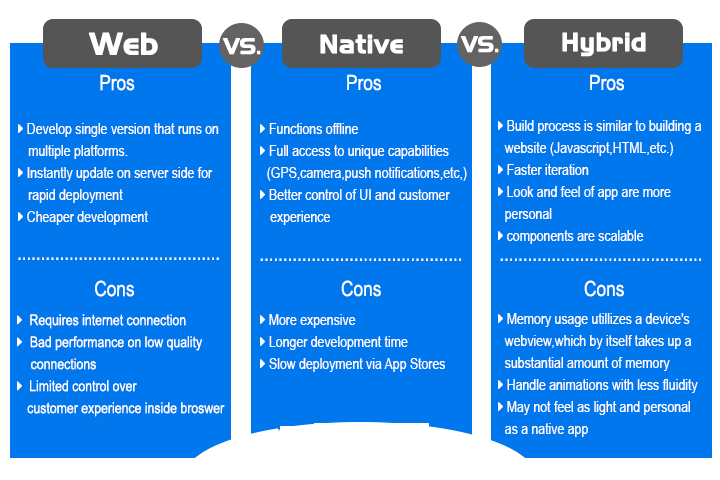
What Are The Drawbacks of Native App Development?
- Different apps for different platforms
- A large team of developers
- High development cost
Different apps for different platforms
The native apps are built for specific platforms and the native apps work only over a single platform. A different application is needed for different platforms. Moreover, the code cannot be shared for app development for another platform.
A large team of developers
For developing the app for both platforms, android and iOS, you have to hire a mobile app developer with different skills. Android development uses Android SDK, Java, and Kotlin whereas the ios app is built with Swift language. For this, a large development team is needed along with a long time of development.
High development cost
The native mobile app development is a complex project. Therefore, professional development skills and support are required. The high skill takes a higher toll on the budget of the app.
Suggestion
Though hiring the mobile app developer for the native app is costly, still, the pros are more worth than a few bucks. You can always invest in the minimum viable product, which can give you candid feedback. You can have the functional app in very little time.
What Is A Progressive Web App?
The progressive web apps are built using HTML5 and javascript. The app is built and wrapped inside the native Web View Container. The most popular technologies used in PWA apps development are PhoneGap and Cordova. PWA is the concise form of a website and can be understood as the web app being transformed into an app.
Why Should You Choose Progressive Web App?
- Easy development
- Fewer Requirements
- Low Cost of development
- Short release cycles
Easy Development
The PWA app development takes very little time and therefore the launch period in the market always stays less. The app requires less planning and fewer development criteria. Which makes it possible to develop in a few days or months?
Fewer Requirements
PWA does not require knowledge of different programming languages. Usually, they are built with C#, Cordova, or Phonegap.
Low Cost of Development
Developing the PWA is much time easier than the native app. Also, the same app can run on different platforms, which considerably reduces the cost.
Short Release Cycles
If you are working on the development of different projects, then PWA is the right option meanwhile. Users need not update the app unless the changes are major. Also, the changes automatically load whenever the app is made.
What Are The Drawbacks of Progressive Web App Development?
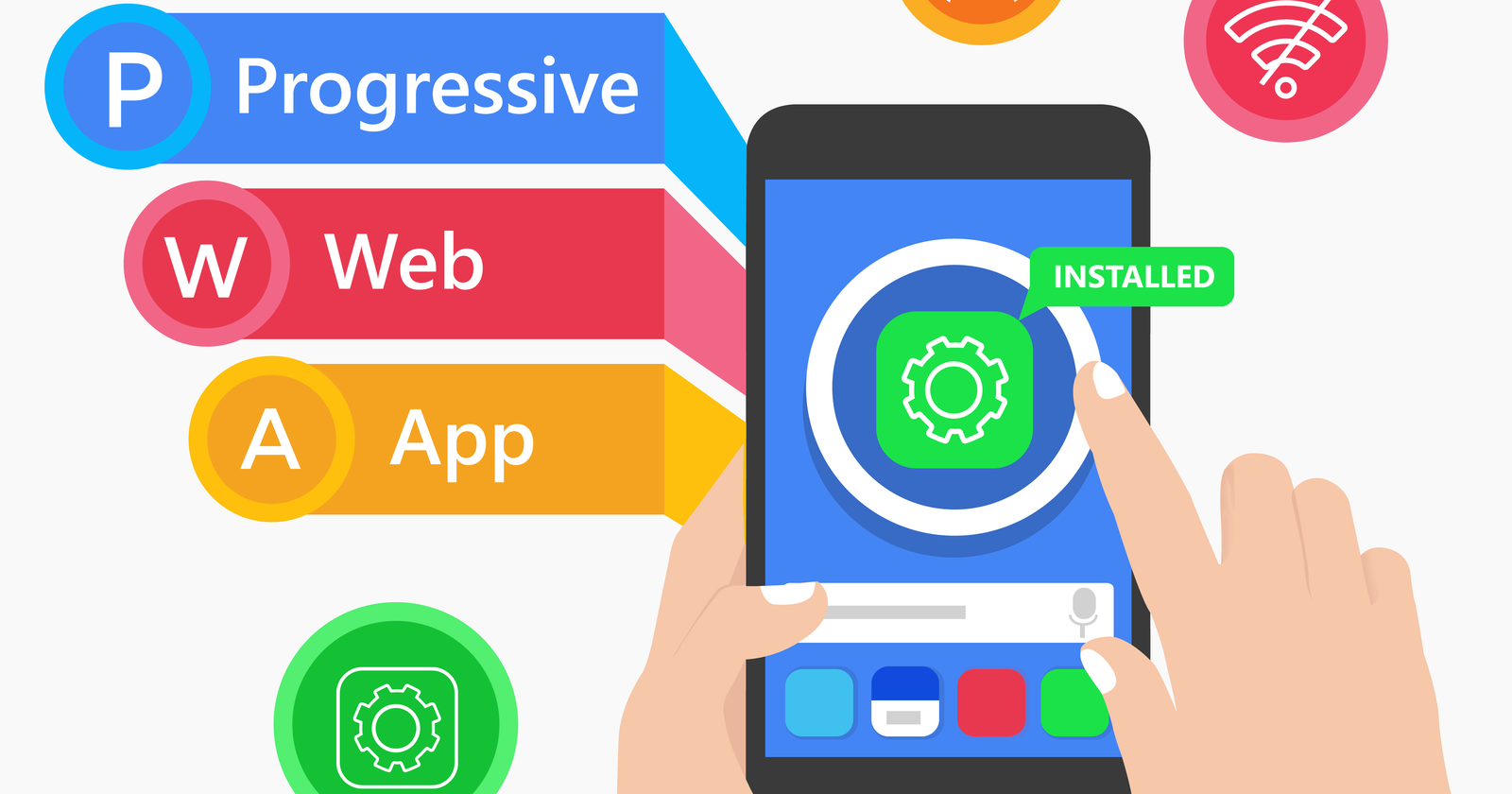
- Poor UI
- Efficiency
- Several Performance issues
- Suggestion
Poor UI
Without native features, the web apps look the translated form of the website, which is never appreciated in terms of the mobile app. Overall consumer ease stays low.
Efficiency
Web apps are still slow and they tend to stay behind the native performance. PWAs are slow, bug full, and less presentable. Also, the PWA apps have limited functionality
Several Performance issues
PWA apps try to become the alternate for cross-platform mobile applications. But they are generally filled with bugs and harder to manage. This app can draw away the customers.
Suggestion
Web apps are meant to run on a browser. They can run without connectivity but for downloading the app, the network is always needed. Before opting for the PWA web app development, make sure for the design part, it means to check whether you want to deliver the same design and features to the client. If yes, then surely go for PWA.
What is a Cross-Platform Mobile App Development?
With the huge buzz of the market, cross-platform mobile apps are gaining power in their hands. The code once developed can be shared with different platforms.
The most significant advantage of cross-platform app development over web apps is that these apps are directly in contact with the underlying mobile operating system.
This makes the app more capable and powerful. The famous searches over Google for React native app development, Xamarin app development, and relevant searches for native scripts all are related to cross-platform apps.
Why Should You Go For a Cross-Platform Mobile App?
- Code is shareable
- High Performing UI
Code is Shareable
The development becomes easy when 80 percent of the code can be shared with the development for different platforms. This increases the development speed and results in the low investment required.
High Performing UI
It uses the native design components and therefore the UI and X stay optimum. The apps are great for design and performance and can be considered the sister of native apps.
What Are The Drawbacks of Cross-Platform Mobile App?

- Requirement of native code
- Performance concern
- Frameworks
- Suggestion
Requirement of Native Code
React native app development and other frameworks working over the cross platforms still require some native code. The part of the code is written in the native language, which proves that there is a lot to grow.
Performance Concern
The overall speed of the app is affected by the part of the app codes, which are interpreted on the go. The app runs slower than the native app, which is a major issue.
Frameworks
Everything here relies on the plugin and frameworks. This affects application performance and puts constraints.
Suggestions
Cross-platform, app development is becoming famous by the time, but cannot be said as a trustworthy solution for now. The companies as if Facebook is working over the same so the performance issues can be resolved very soon. If you have a variety of customers, you must go for cross-app development.
Read More: How Much Does it Cost to Develop a Mobile App?
Conclusion:
Making the choice between trios of technology is very easy. Just analyze the customers you have and you can get the easy answer? The native mobile app is best in performance and therefore the best choice for the market. Such apps are suitable for businesses, which require information processing.
If speed is not the major issue, and the user only wants the information, PWA is the best for the case. Web apps can also use to gains the customer’s reaction to your idea. Cross-platform is the midway and is popular. Whichever you choose, choose wisely.



